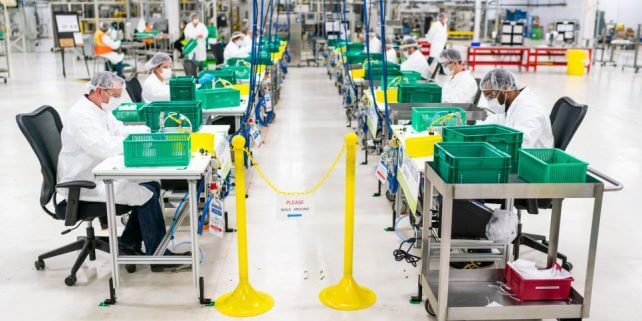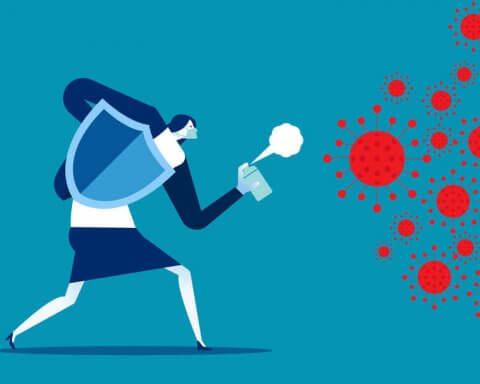Will the coronavirus pulverize the global economy and turn us all into grieving paranoids? Or will it usher in a new culture of community and conscience?
It’s too early to predict how COVID-19 will reshape the future. The travel, entertainment, hospitality and personal-services sectors have already been devastated. A Canadian Federation of Independent Business survey found that 32% of owners who had shut down their businesses in March were unsure if they would ever reopen.
The media has also identified the first winners of this global reckoning. Setting aside for a moment the immeasurable personal tragedies caused by the virus, here are some preliminary results:
• Greater concern for the environment could be COVID’s legacy, wrote columnist Gwynne Dyer. “The clean air over China’s cities in the past month, thanks to an almost total shutdown of the big sources of pollution, has saved 20 times as many Chinese lives as COVID-19 has taken . . . People will remember this when the filthy air comes back and want something done about it.”
• Movements for social change may be empowered by governments’ rapid moves to restrict behaviour and unleash financial support. At TheConversation.com, U.K. economist Simon Mair said the virus “is expanding the economic imagination. As governments and citizens take steps that three months ago seemed impossible, our ideas about how the world works could change rapidly.”
• Retail and food workers are finally getting some respect, with companies such as Maple Leaf Foods, Loblaw, Sobeys, Metro and Walmart granting raises to frontline staff, introducing the concept of “hero pay.” Though Corporate Knights asks whether $2 extra an hour is enough for the grocery employees putting their lives on the line. Canadian banks are giving frontline employees an extra $50 a day and additional paid time off; TD Bank Group is giving bonuses of up to $1,000.
• Tycoons such as Bill Gates, Mark Zuckerberg, Jack Ma and Elon Musk, in most cases, polished their reputations by funding hospitals, medical supplies and research. But the Canadian billionaire community, wrote the Toronto Star’s David Olive, “has hardly been heard from on arguably the greatest crisis Canada has ever faced.”
• Manufacturers of everything from hockey skates to gin began retooling to deliver personal protective equipment to those who need it most. Heavyweights that have stepped up include H&M, Ford, GM, Dyson and Gucci’s parent company, Kering. Several companies have been saluted for establishing COVID relief funds, including Facebook, which set up a US$100 million relief fund for businesses in 30 countries, and meal-delivery companies, whose services helped thousands of restaurants stay open. Facebook also set up an additional US$100 million fund to support news media. Sony, Netflix and Amazon created their own US$100 million global relief funds — though striking Amazon employees say not enough is being done to keep them safe.
And then there are the hidden heroes: the workers delivering essential services across dozens of sectors, as well as anyone who is stepping up to support aging relatives during the crisis, check up on their neighbours, shop for the quarantined, donate money or haul canned goods to food banks. We’re banging on our pots and pans in thanks for you, too.



